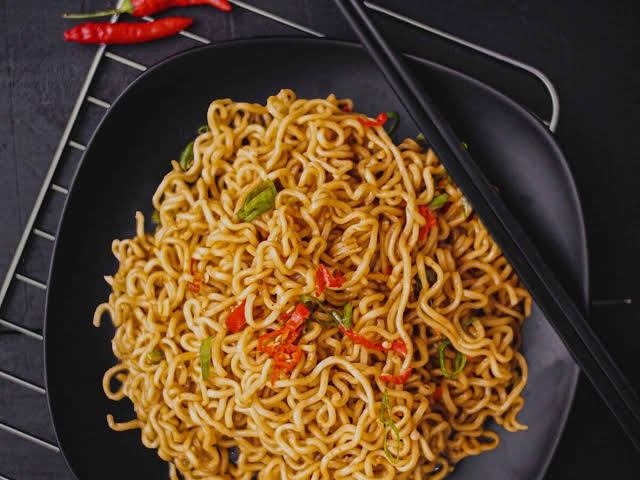There are rules for instant noodle meals whether you are going through tough financial times or simply lack the time to cook up a storm.
Instant noodles are a life saver, a meals-hack for urban dwellers but are they all that they are ‘cooked’ up to be?
In May of last year, the Common Market for Eastern and Southern Africa (COMESA) raised alarm over Indomie noodles after the Food and Safety Authority (FSA) of Egypt tested them for high aflatoxins and pesticide residues.
“Indomie’s chilli, chicken and vegetable flavour packets contained aflatoxins and pesticide residues in quantities that exceeded safe limits,” they said.
After the findings, the supplier withdrew over 700,000 cartons of the different flavours from Egypt.
The COMESA Competition Commission (CCC) then warned consumers within the vicinity including East African Community countries except for Tanzania and South Sudan, against the product.
Which leads to the first don’t.
Dont’s
Eating steamed noodles
Whether the toxins allegations are true, it is better to err on the side of caution. Steamed noodles are basically put in hot water to soften but are not boiled.
To cook well, boil for about 3 minutes or so, drain and add flavours to eat.
Replacement for food
Indomie noodles are emergency food at best. Their convenience, however, should not be replacement for proper meals and a healthy diet.
They are low in fibre, protein, calories (below 400) and lack Vitamins.
Use the soup
Pour out the water. Don’t repurpose the water or use it as soup.
Do’s
Spice up
Go an extra mile and add nutritious foods to your bowl of well cooked noodles. Avocado, boiled and fried eggs, kacumbari, chicken bits, veggies.
Storage
If you buy in bulk, store them in a cool place.
Experiment
They can become bland to the taste buds if you cook them the same way all the time. Come up with your own recipes. Watch videos of indomie noodles preparation and try them out.



